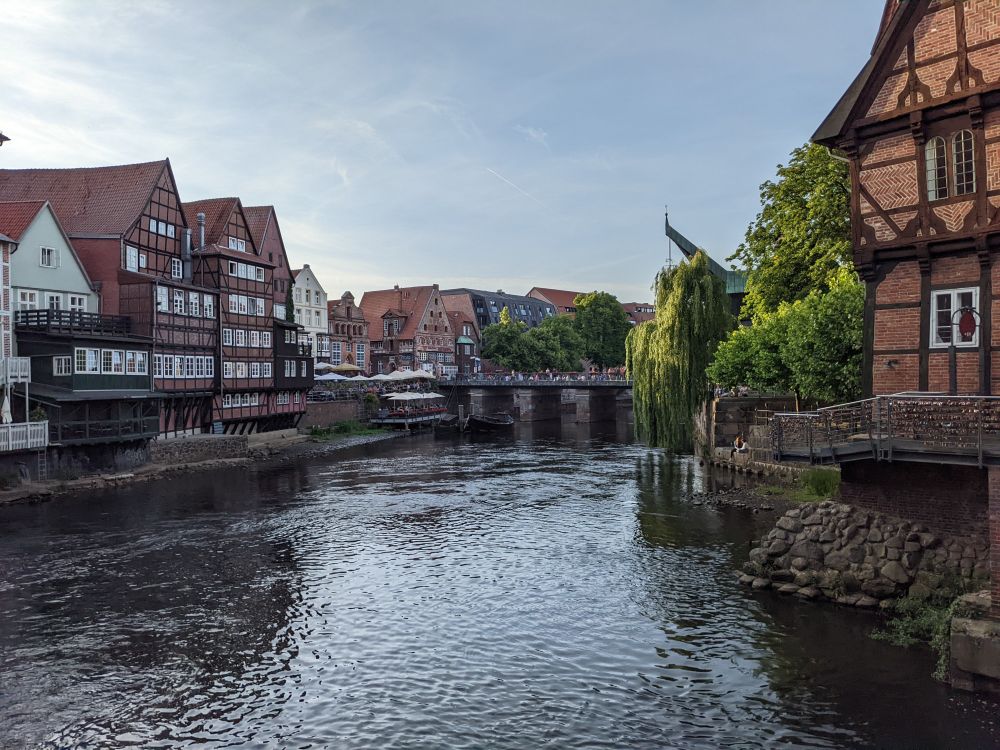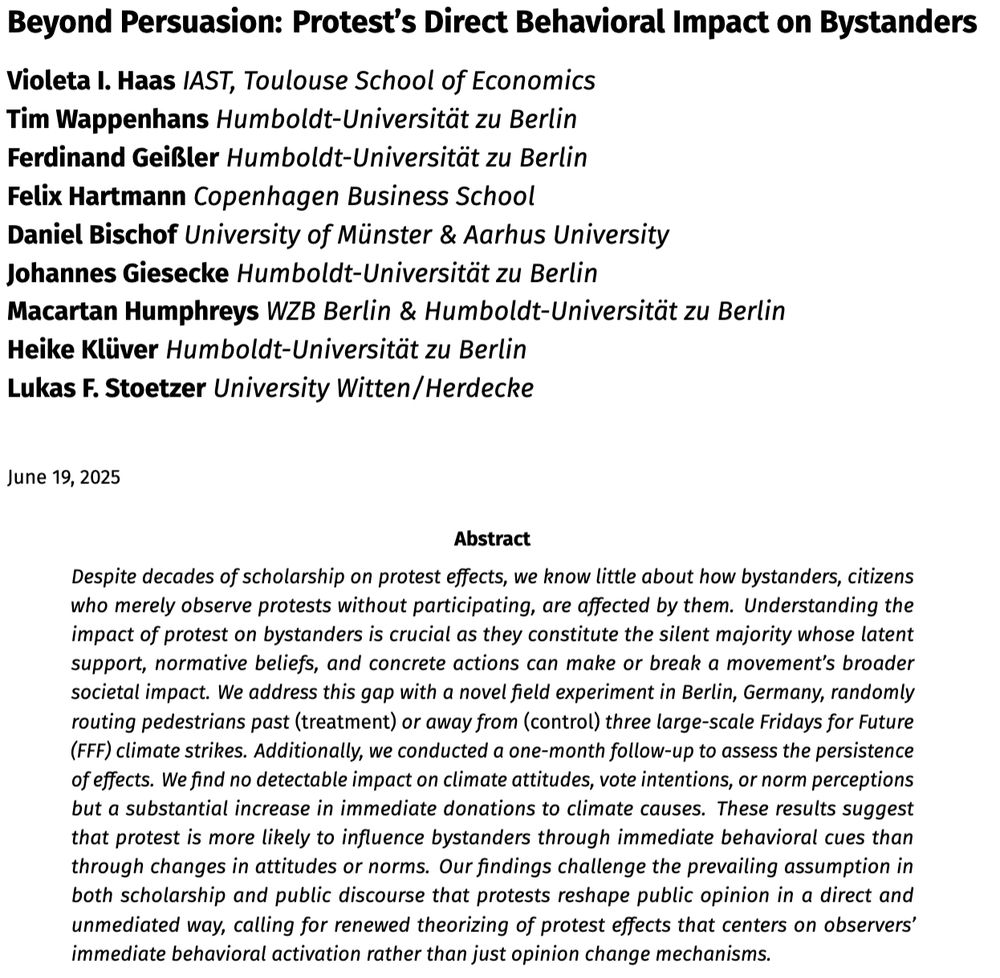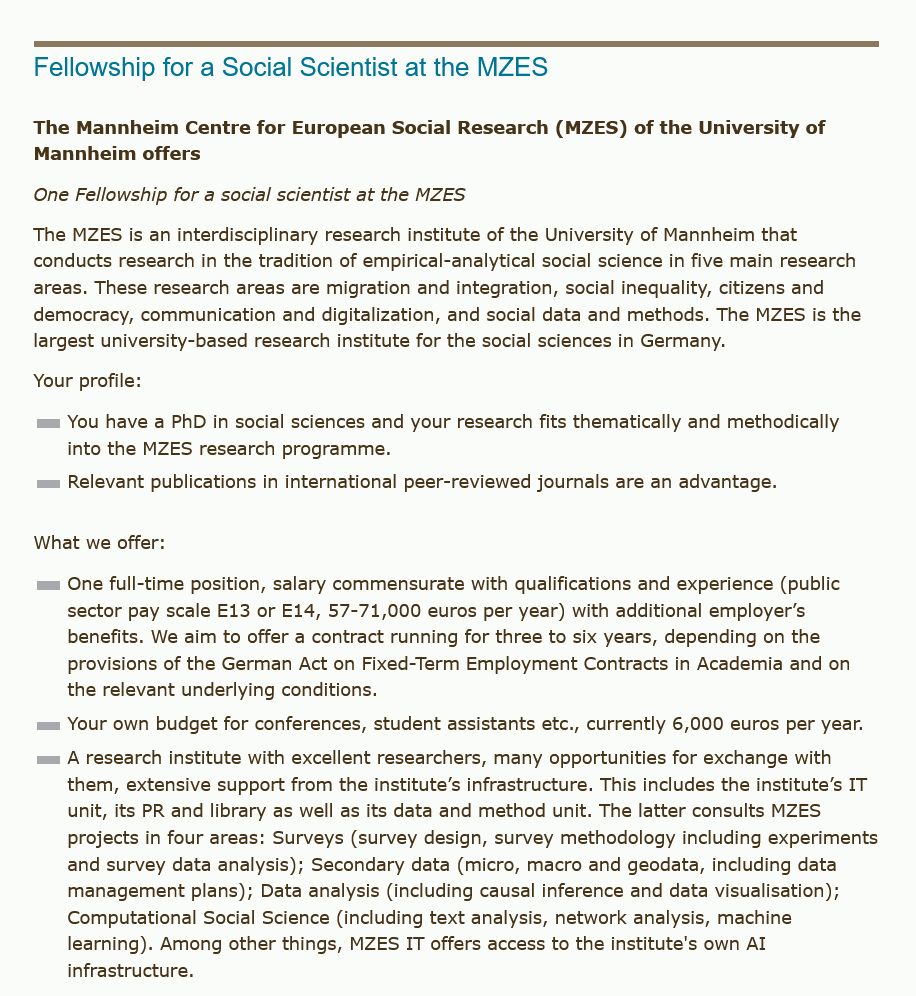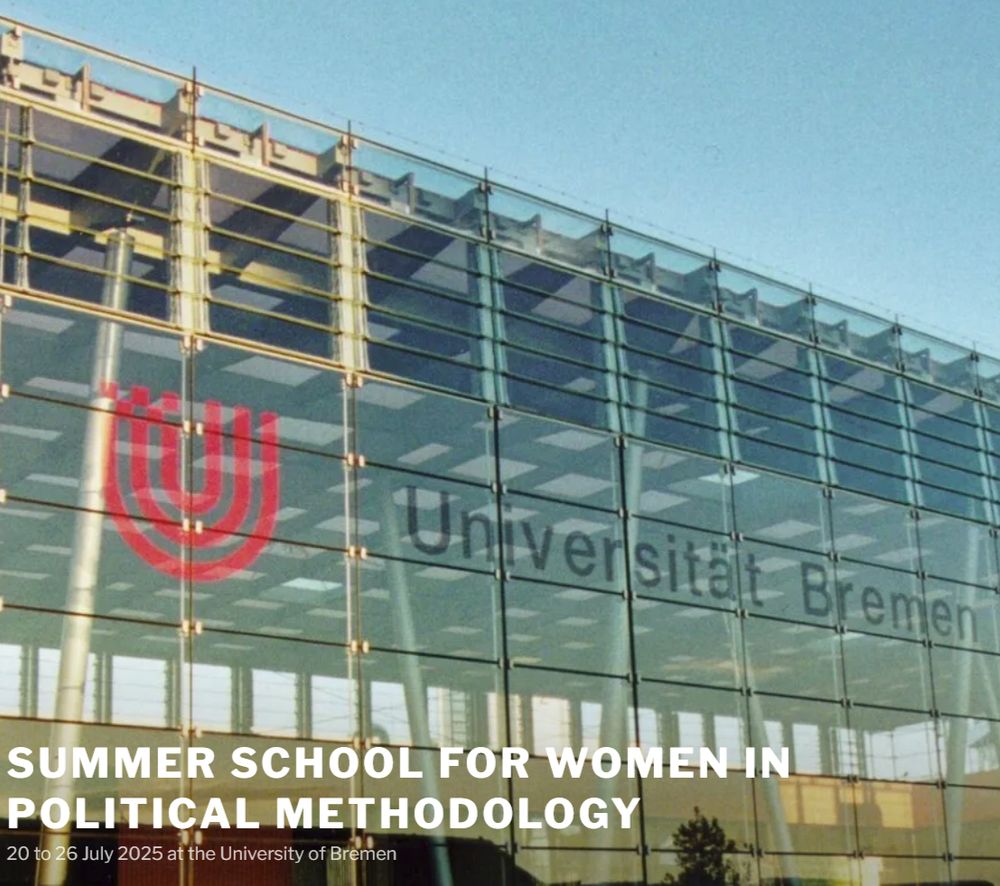Korinna Lindemann
@korinlind.bsky.social
590 followers
630 following
9 posts
Research Fellow at MZES, University of Mannheim. PhD from DYNAMICS & Hertie School. Migration, Political Behaviour & Authoritarianism. she/her.
korinnalindemann.github.io
Posts
Media
Videos
Starter Packs
Pinned
Reposted by Korinna Lindemann
Reposted by Korinna Lindemann
Reposted by Korinna Lindemann
EPSS
@epssnet.bsky.social
· Aug 7
Reposted by Korinna Lindemann
Reposted by Korinna Lindemann
Reposted by Korinna Lindemann
Reposted by Korinna Lindemann
Reposted by Korinna Lindemann
Reposted by Korinna Lindemann
Reposted by Korinna Lindemann
Reposted by Korinna Lindemann
Reposted by Korinna Lindemann
Reposted by Korinna Lindemann
Reposted by Korinna Lindemann
Reposted by Korinna Lindemann
Reposted by Korinna Lindemann
Reposted by Korinna Lindemann
António Valentim
@antvalentim.bsky.social
· Mar 26
Reposted by Korinna Lindemann
Korinna Lindemann
@korinlind.bsky.social
· Mar 26
Korinna Lindemann
@korinlind.bsky.social
· Mar 26
















